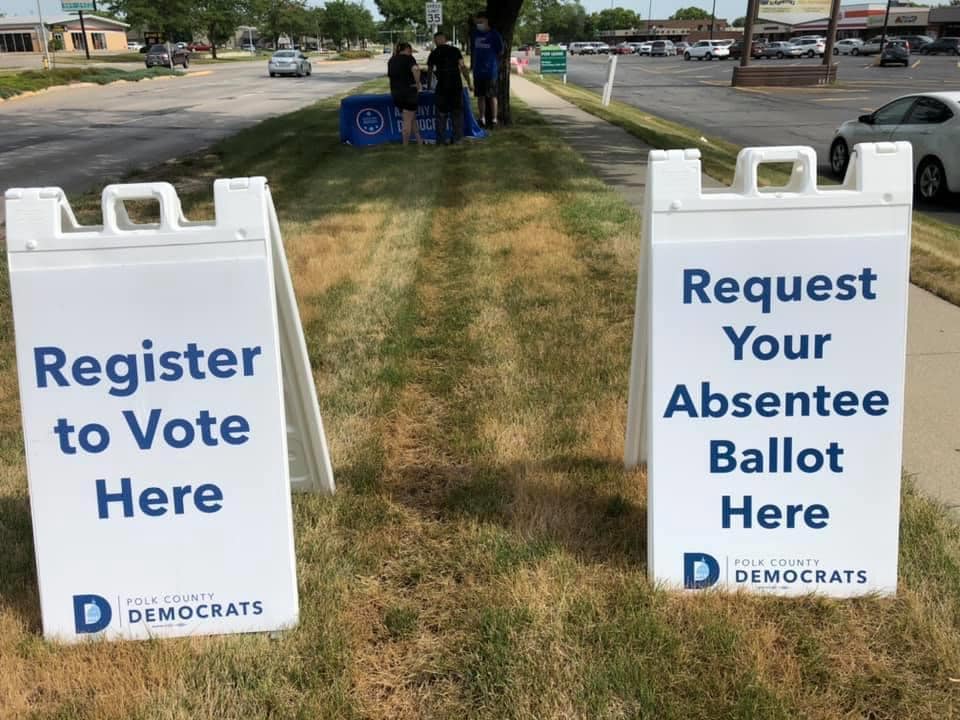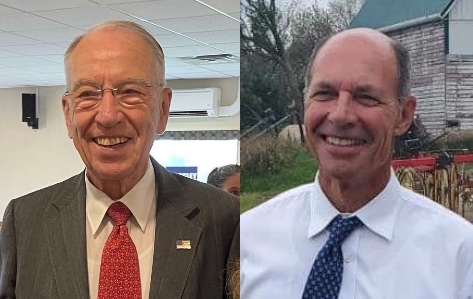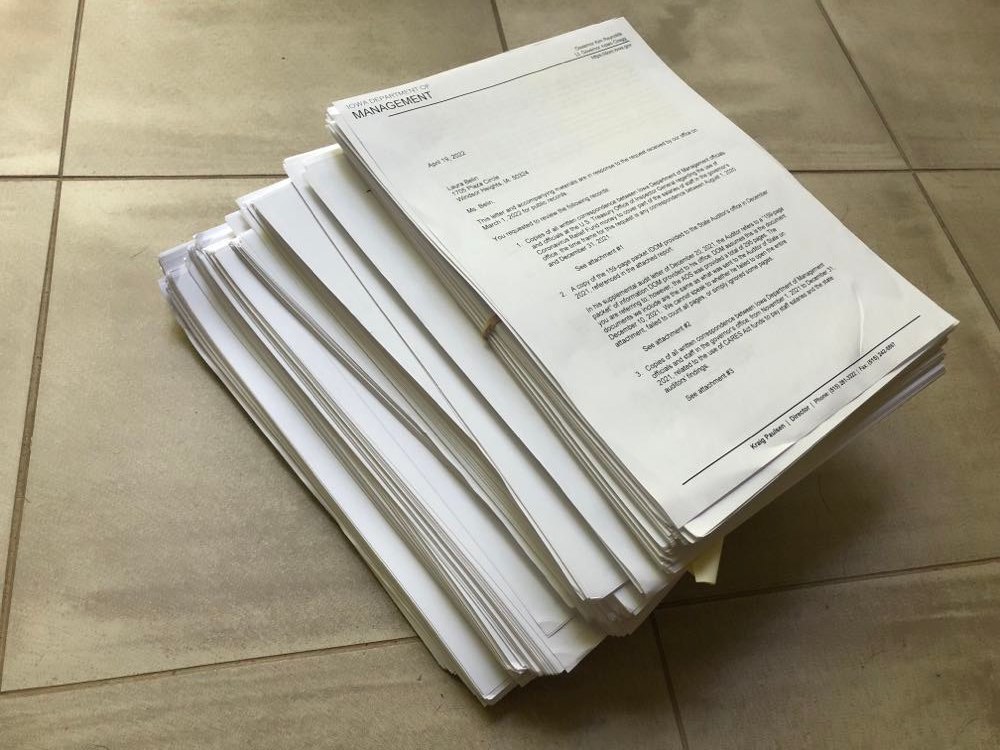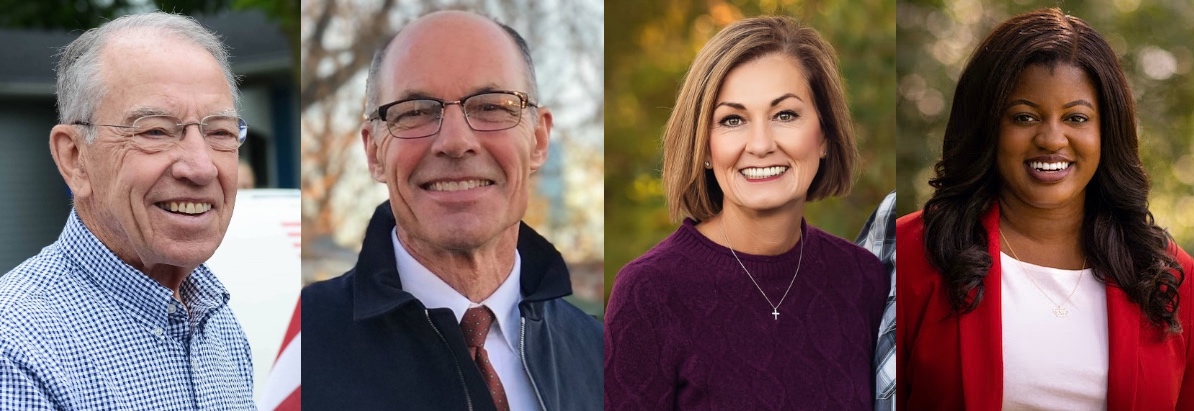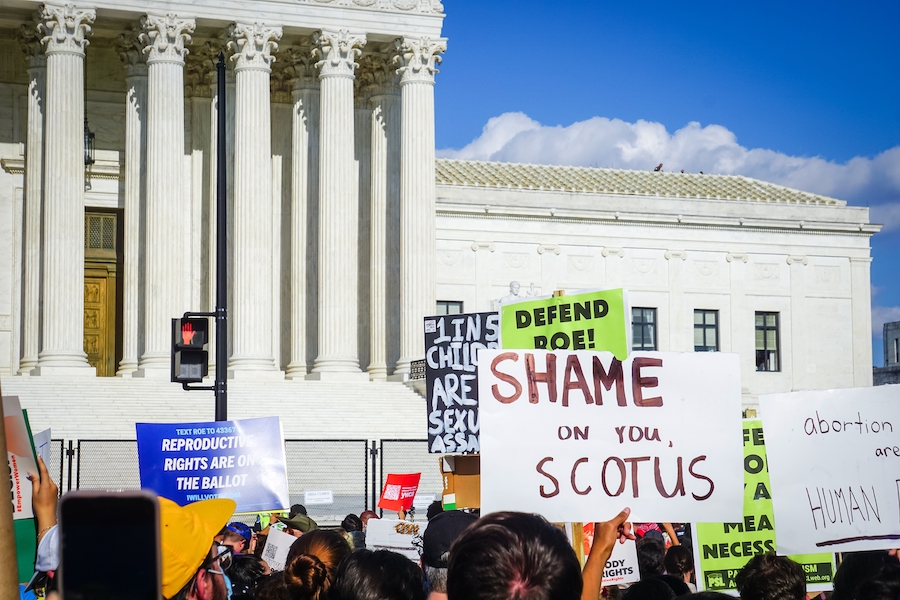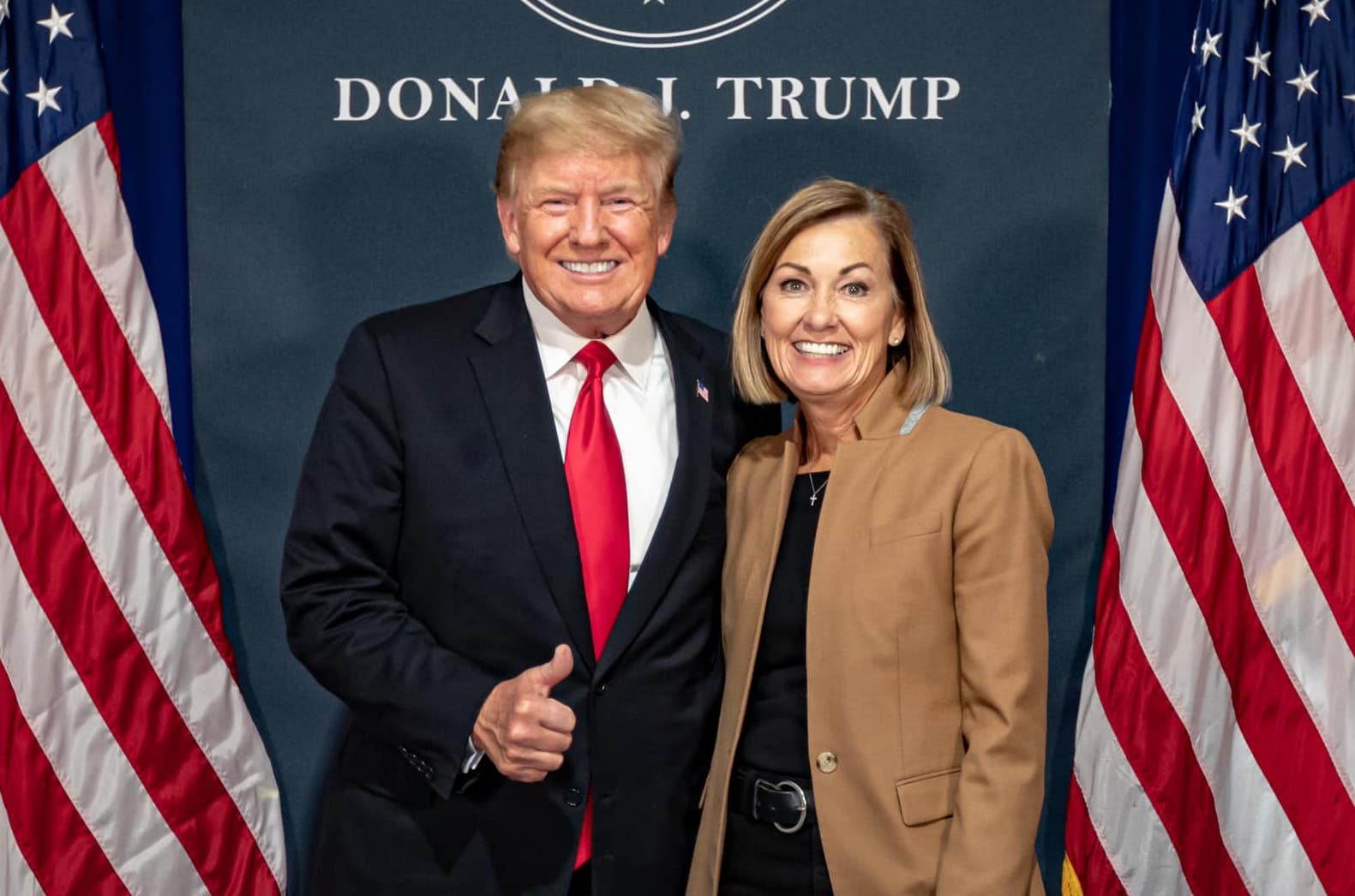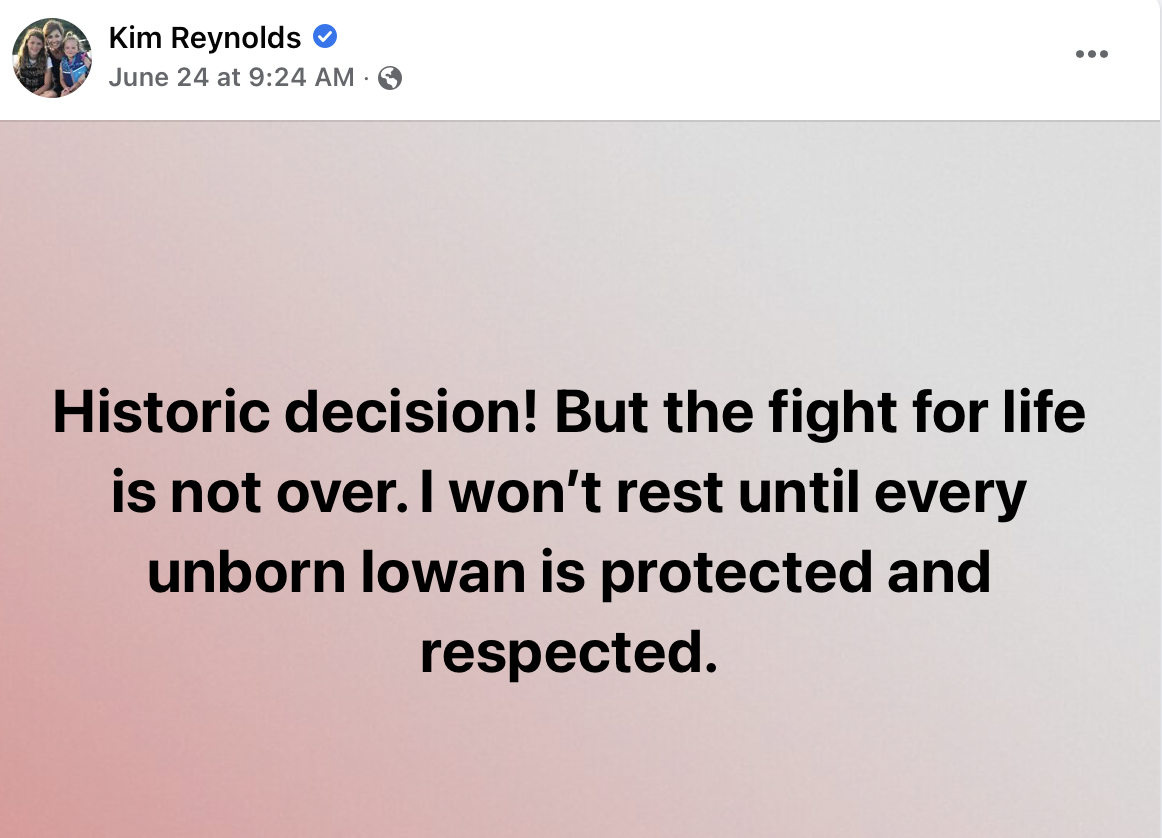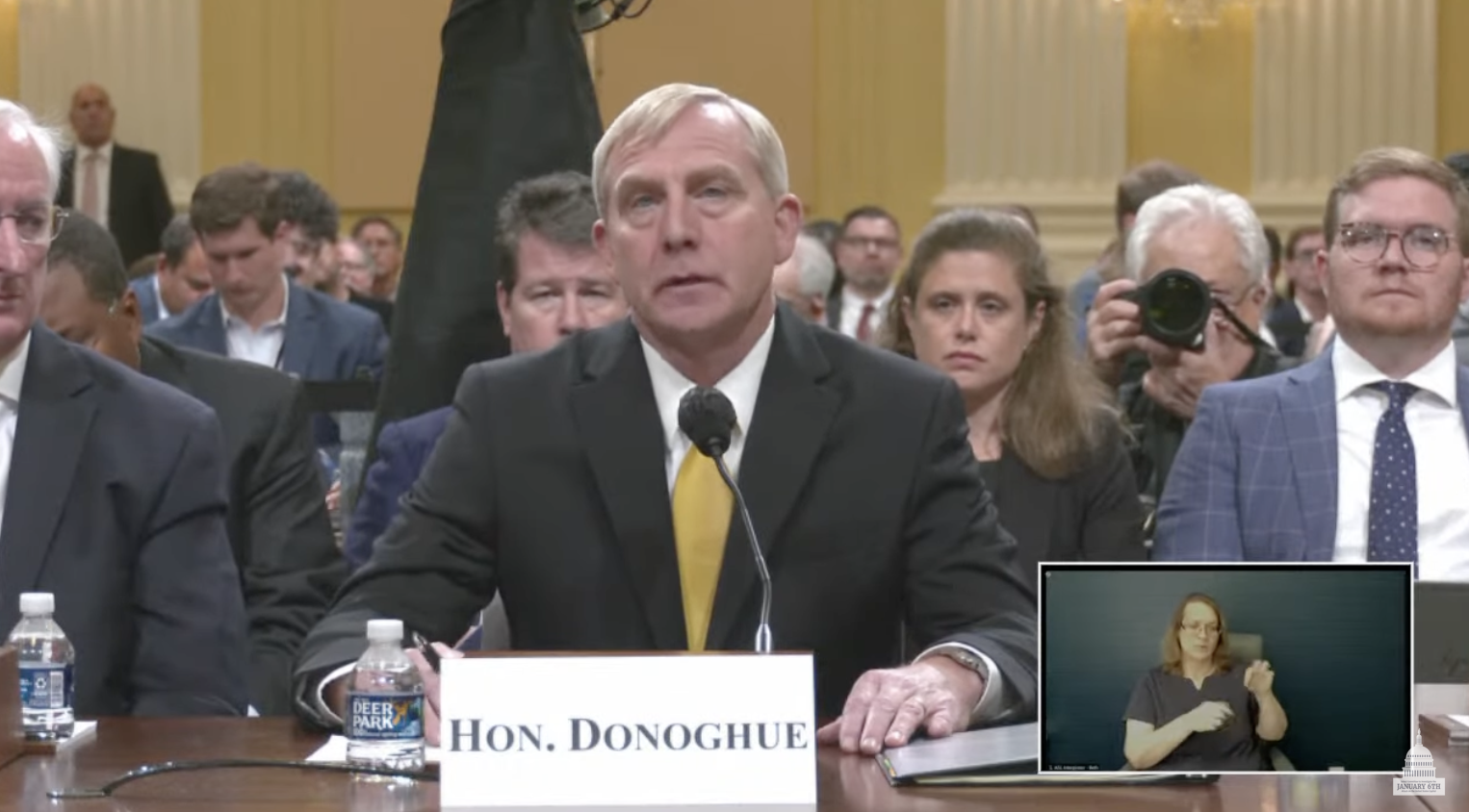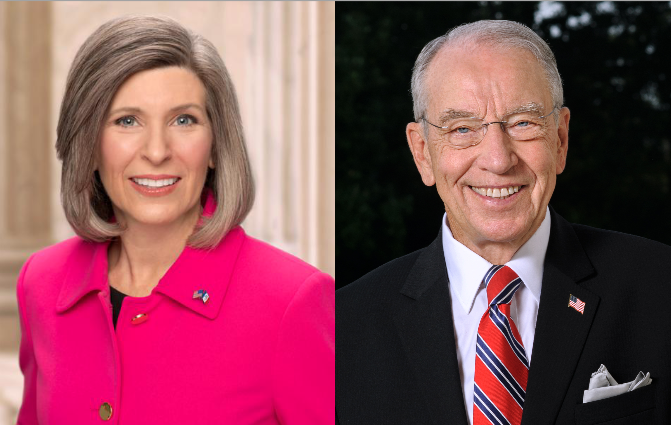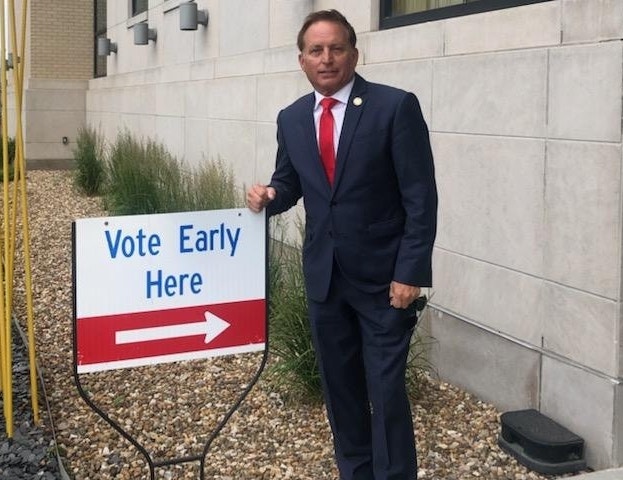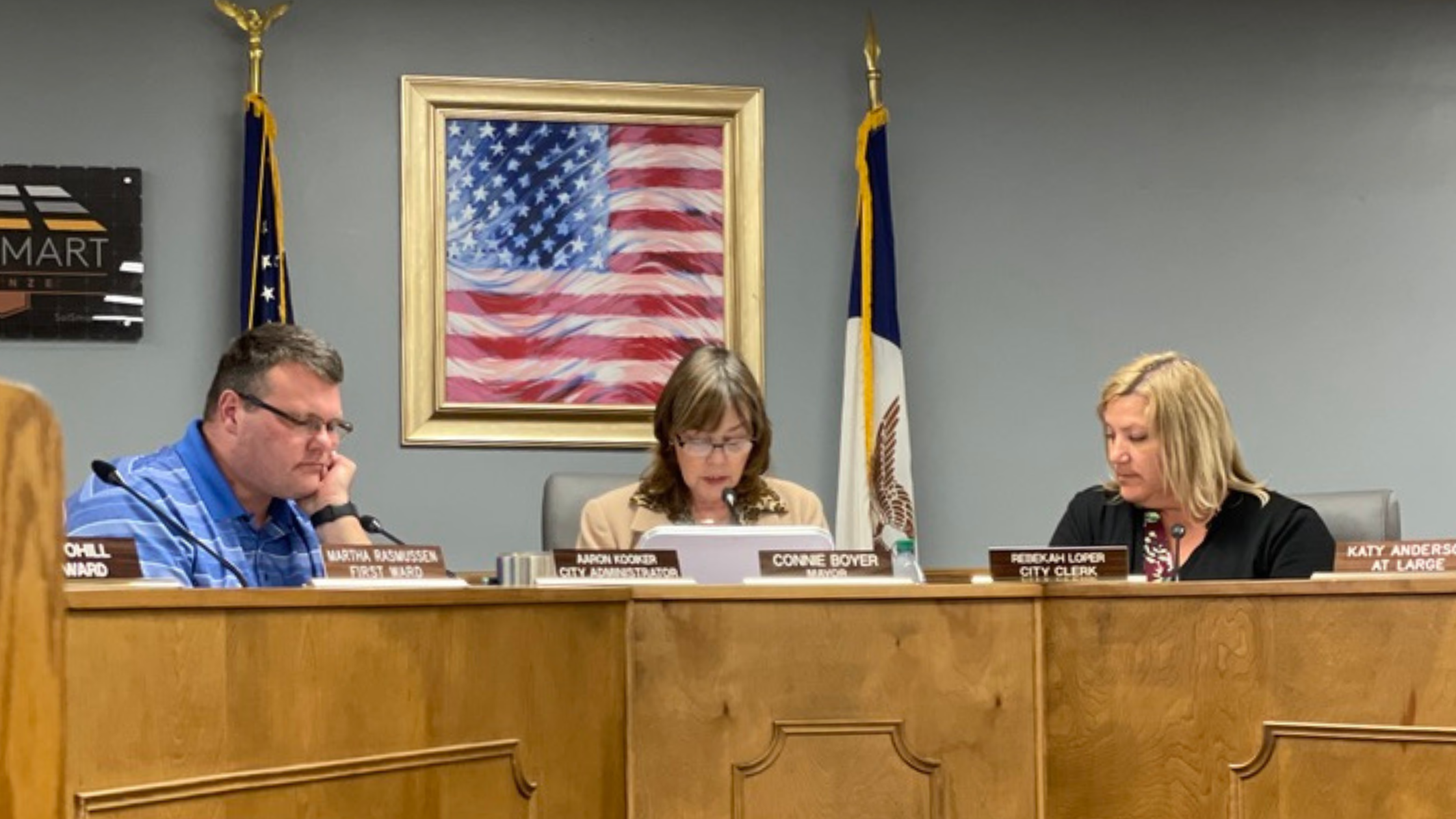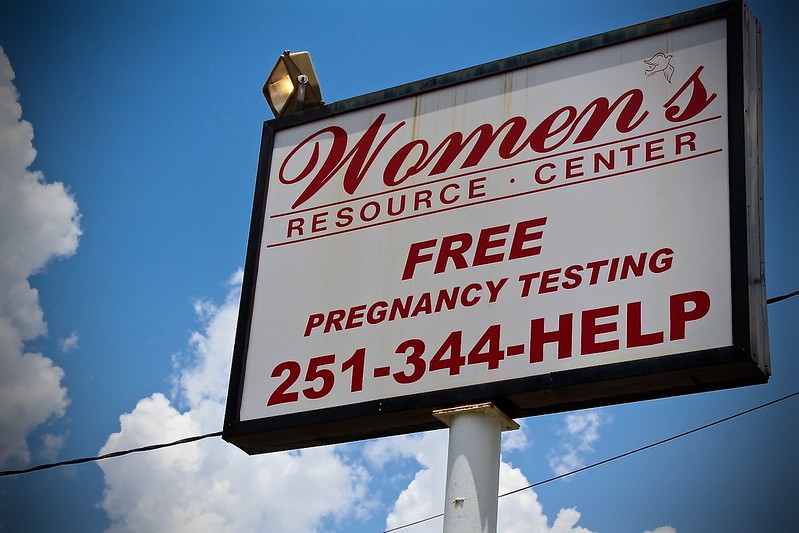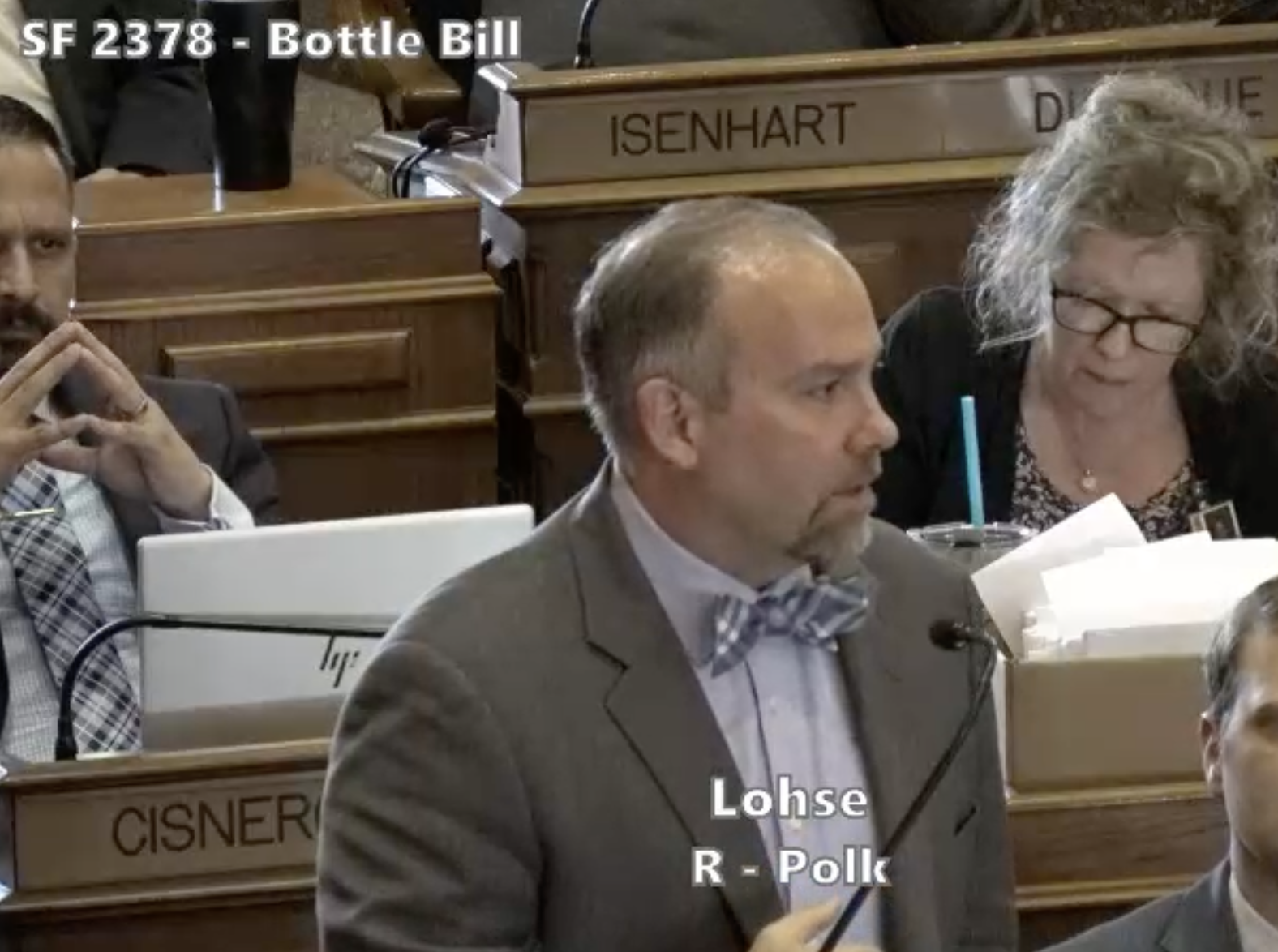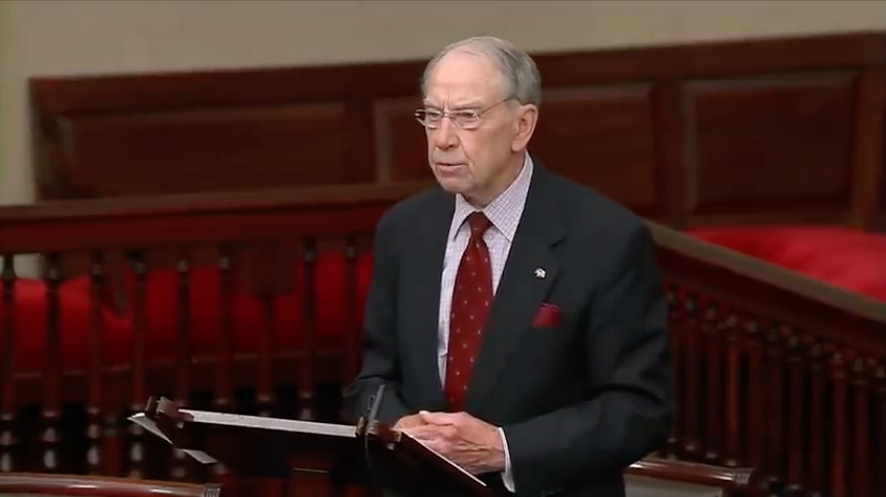Five Iowa Supreme Court justices allowed a 24-hour waiting period for all abortions to go into effect and opened the door to more sweeping restrictions on June 17, when justices overturned the court’s 2018 precedent that had found the Iowa Constitution protects a fundamental right to seek an abortion.
The outcome is precisely what Republican legislators were seeking two years ago, when (buoyed by unusually rapid turnover on Iowa’s highest court) they passed a law nearly identical to the one struck down in the 2018 case.
Two dissenting justices warned that the latest decision injects “instability” and “confusion” into Iowa’s legal landscape, because the court’s majority did not establish a new standard for evaluating the constitutionality of abortion restrictions. Two justices signaled they would allow almost any limits on the procedure. Three justices indicated they might be open to a similar approach, or might strike a different balance that recognizes some bodily autonomy for Iowans wanting to terminate a pregnancy.
In the words of Justice Brent Appel, the majority set forth “a jurisprudence of doubt about a liberty interest of the highest possible importance to every Iowa woman of reproductive age.”
The ruling may also undermine public confidence that Iowa Supreme Court rulings are grounded in legal analysis, rather than politics.
Continue Reading...

